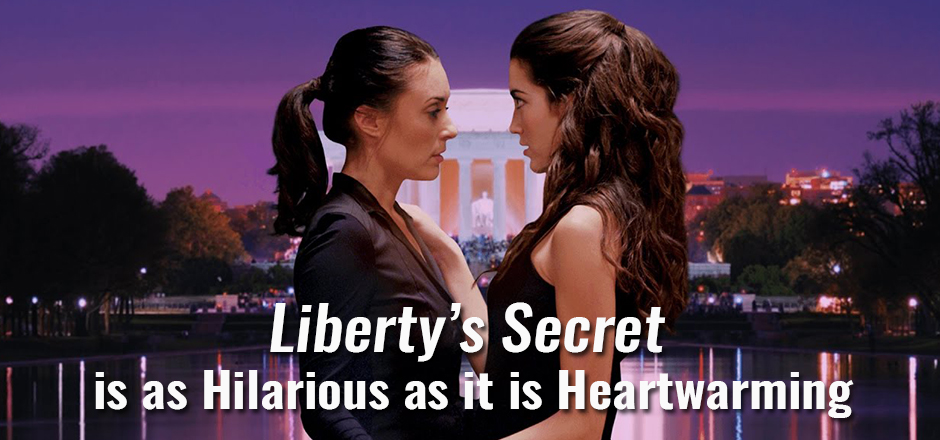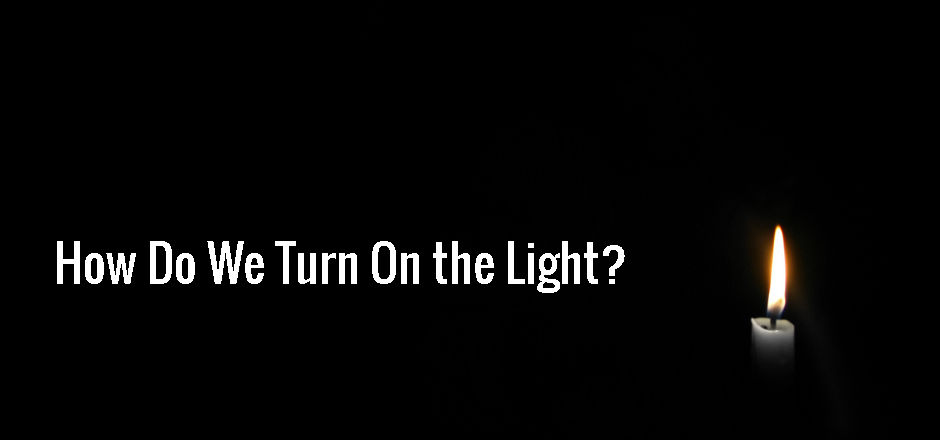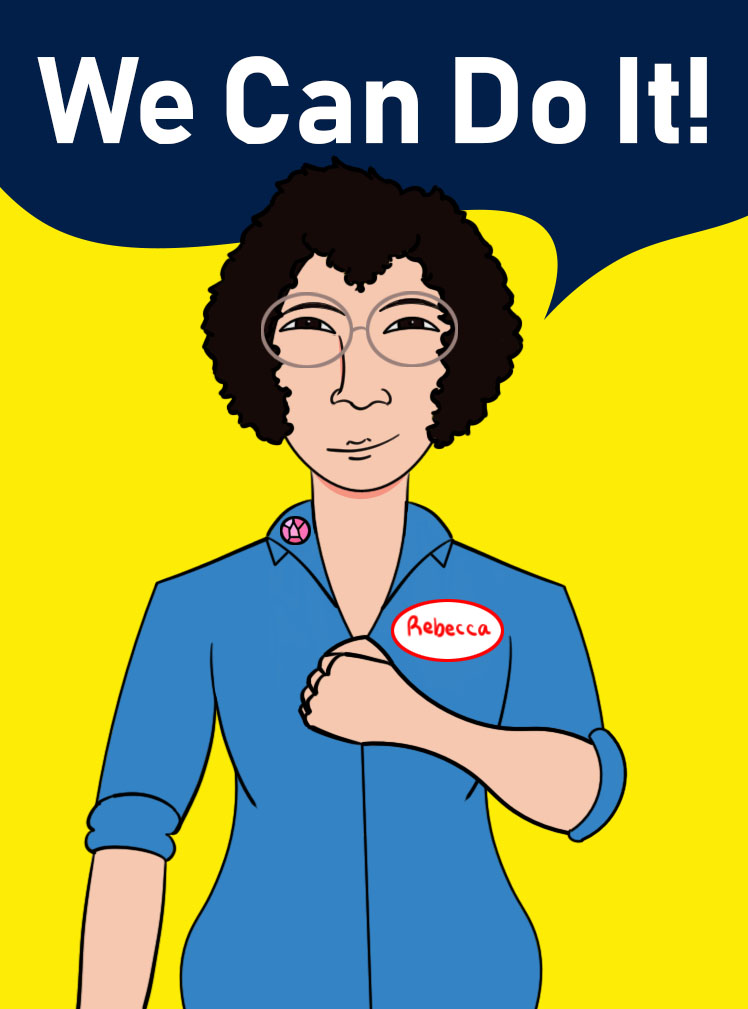Of everything to come out of Comic-Con this year – and there was a lot – my absolute favorite was EW’s “Women Who Kick Ass” panel. Since I was a little girl telling my second grade class to “start calling me Xena” and carrying my lunch money in a “girls rule, boys drool” coin purse, women who kick ass have been what I’ve been all about.
Thanks to our mutual inherences, it was only natural that I loved the panel, and that love only increased when I realized that three of the five women participating were women of color: in addition to Tatiana Maslany, and Katee Sackhoff, panelists included Danai Gurira, of Zimbabwean descent, Maggie Q of Vietnamese descent, and Michelle Rodriguez of Dominican and Puerto Rican descent. Without a doubt, “Women Who Kick Ass” totally lived up to its name and kicked ass: it celebrated strong women, perpetuated their visibility, and opened the floor to some critical dialogues about being an action hero who’s a woman.
Rodriguez was a panelist at SDCC 2013, where she spoke on the Women Who Kick Ass panel. (From michelle-roderiguez.com)
It was something Rodriguez said that has stuck with me, though. She mentioned an instance in which a script called for her character to drive off a cliff, and said of one of her male co-stars, “he was like, ‘a girl’s not gonna drive the car.’ I’m like, what, are you stupid? I’m looking at this cat like, do you want to race me, homie?”
So, to clarify: we have an award-winning actor and proven action hero with a script that calls for her to drive a car off the cliff. But because she’s female – regardless of her accomplishments and establishment in the genre – she can’t do it? Something’s up.
Michelle Rodriguez is no stranger to subverting gender roles. In fact, she’s made a career doing it. When asked about the consistencies amongst her roles, Rodriguez said, “I’m here to entertain people and make a statement about female empowerment and strength, and that’s what I’ve done for the last 10 years. I pigeonholed and I put myself in my box by saying no to everything else that came on my plate.”
In Girlfight, her first film, Rodriguez played a boxer. In the Fast and the Furious films, a mechanic. In Avatar, a combat pilot. In Battle: LA, a member of the Air Force. In the first Resident Evil film, she was a commando marksman. In Lost, she was a police officer. In Machete, a revolutionary. She even voiced a Marine in Halo 2.
In every single one of these films, Rodriguez has taken up a traditionally male mantle and donned it with great success. This subversion of traditional gender roles is huge, because not only does it both increase and diversify the opportunities for women in film, but it also does the same for the opportunities for women in the real world. If a young girl is an avid moviegoer and only sees warriors portrayed by men in film, she may not even realize the option is available to her. But if she sees a woman who’s a warrior, her options are immediately widened, and because she knows any warrior anywhere could be her, it’s going to be easier for her to empathize with and understand the implications of such a post, even in reality.
Yet despite all this, the problem persists. What good is the subversion of gender roles going to do if, despite Letty’s being both a mechanic and proven street racer, it wasn’t believable enough for her to drive a car off a cliff?
The issue of positive representation of women isn’t limited to this role, either. It’s a running joke that Rodriguez’s characters always die, and it’s worth adding that they do so despite being strong, independent women, most of whom have been trained and/or tested in combat. Depending on how many Fast and the Furious movies you’ve seen, she’s died there. She’s also died in the Resident Evil franchise not one, but three times, as well as in Avatar and Lost. For a while we were led to think she died in Machete.
Certainly, the fates of Rodriguez’s characters seem to tell us women can be strong, but not strong enough to survive. Even if they go out valiantly, as in Avatar, they can’t both be valiant and be survivors. We’re told there’s nothing wrong with being a woman and being a martyr, but the fact is it’s not martyrdom if no woman ever survives doing it in the first place.
Then there’s the Resident Evil issue. After being killed at the first film’s end, Rodriguez was brought back for the franchise’s fifth film, Resident Evil: Retribution, as two clones of original character Rain Ocampo. The clones were presented in a natural dichotomy, with one aligned with the good guys and one with the bad. Here’s the catch: Bad Rain, as she’s been dubbed, is incredibly strong – nearly invincible – and, like the original Rain, is a warrior. Good Rain, however, is feminine, a fan of passivism, and a vegan.
Good and Bad Rain sum up a seeming mutual exclusivity for women in film: you’re either feminine, or you’re a badass – you can’t be both. Yes, it’s incredibly impractical to be both simultaneously, as dresses and heels aren’t always appropriate for combat situations, but that’s not to say a woman who serves as a police officer or pilot can’t have a more feminine gender presentation outside of work.
If a woman is both, she’s usually given the “bitch” or “crazy” treatment, like Angelina Jolie in Mr. and Mrs. Smith, or Xenia Onatopp in GoldenEye. For example, after my dad and I saw Pacific Rim, I said one of the scientists should’ve been a woman and his response was “yeah! And they could’ve made her super hot but a total bitch, that would’ve been great!”
Michelle Rodriguez undoubtedly has and continues to help set a standard and lead the charge for more representation of “women who kick ass” in film, but in doing so also highlights the areas in which the representation of women can improve. Through examining her subversive roles, we can see how far we still have to go. Can a woman save the day and live to tell the tale? It’s not something that Rodriguez is responsible for, and it’s not something she can improve on her own.
But as she suggested at the “Women Who Kick Ass” panel, maybe it can be improved by the continued production by women everywhere of lady-positive media portraying women in a positive, realistic light.
So, to all the ladies if you feel me, get writing, get drawing, get creating. We’ve got this.
Hannah Pingleton is the resident LGBTQ Writer for Girls in Capes. You can find her on Twitter @hannahpings.






